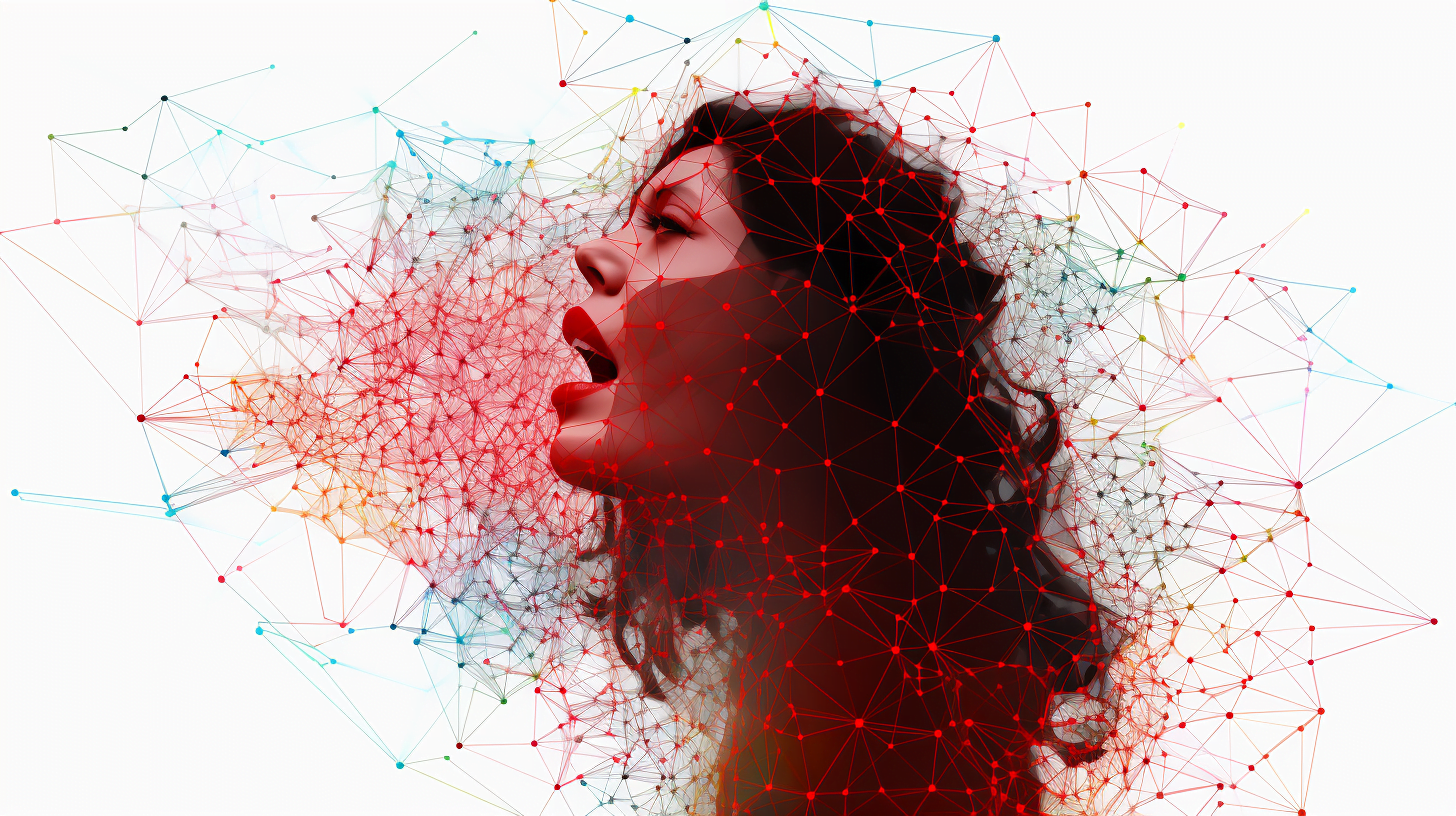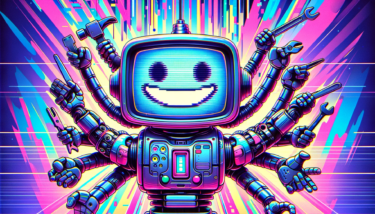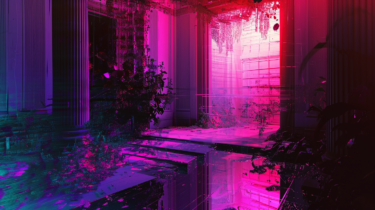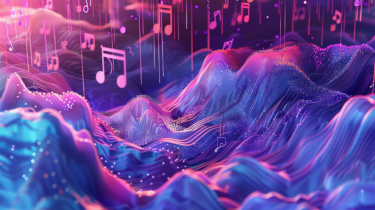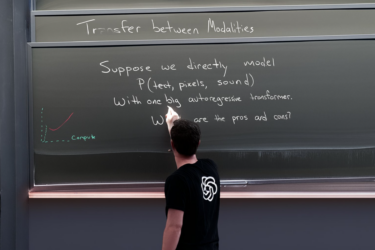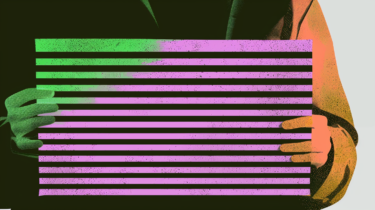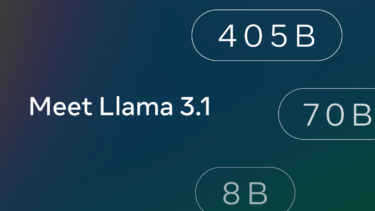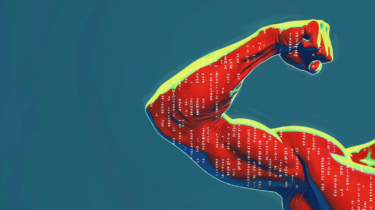In response to the growing use of artificial intelligence in popular music, The Recording Academy has issued new Grammy Award guidelines stating that "only human creators" are eligible to win the music industry's highest honor.
AI-created music will still be eligible for submission and nomination, but the Academy will not award a Grammy to the AI portion. This recognizes the role of AI in enhancing, embellishing or complementing human creativity, but not replacing it. The guidelines were created after extensive research and discussion, including with the Copyright Office, the organization said.
Recording Academy CEO and President Harvey Mason Jr. explained that if an AI program sings the lead vocal on a song, the track would be eligible in a songwriting category, but not in a performance category.
However, if AI is involved in creating the lyrics or track for a song performed by a human, that song would not be eligible in a composition or songwriting category. The goal of these new guidelines is to ensure that technology enhances human creativity without replacing it.
"We don’t want to see technology replace human creativity. We want to make sure technology is enhancing, embellishing, or additive to human creativity. So that’s why we took this particular stand in this award cycle."
Harvey Mason Jr.
The key seems to be keeping human creativity at the forefront. In music, this generally means that a human is involved in the composition or performance of a song in a meaningful way. In other words, the soul of the music comes from a human, while the AI tool supports or enhances the process.
Regular tools don't make decisions
This seems like a fine line that's sure to spark debate. An artist uses a brush to paint a work of art - in this case, the creator is clearly the artist, not the brush. The brush is simply a tool that the artist uses to realize his or her vision.
But what if the brush could mix colors perfectly on its own, or execute strokes without human guidance? The brush becomes not just a tool, but a participant in the creative process.
The same is true for AI in music. Traditional music-making tools - like a guitar or a piano - don't make decisions. They're completely controlled by the artist. But AI can generate melodies, write lyrics, or even replicate human voices. These are what we'd call "creative choices" that are typically made by humans.
This raises some complicated issues: What happens when AI starts contributing more to the creative process? How much credit does it get, and at what point does it stop being a tool? The line between human creativity and AI contribution is likely to get blurrier as AI becomes more sophisticated.
